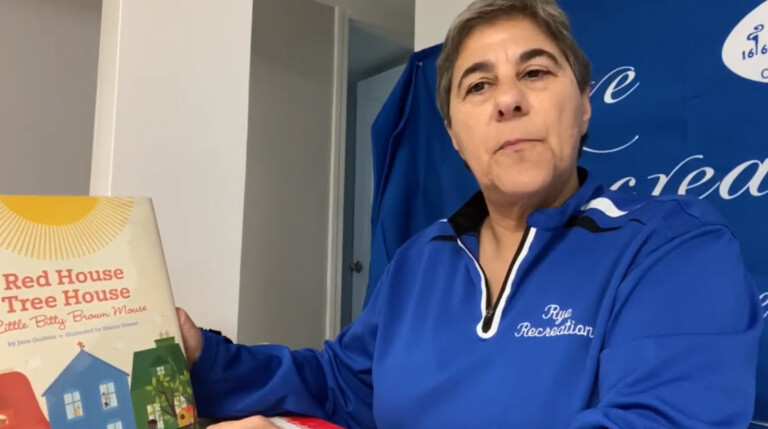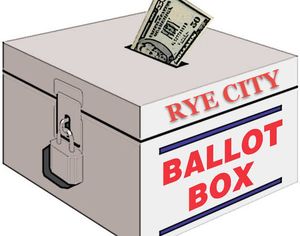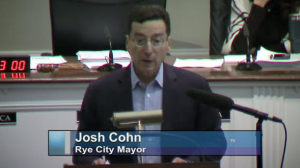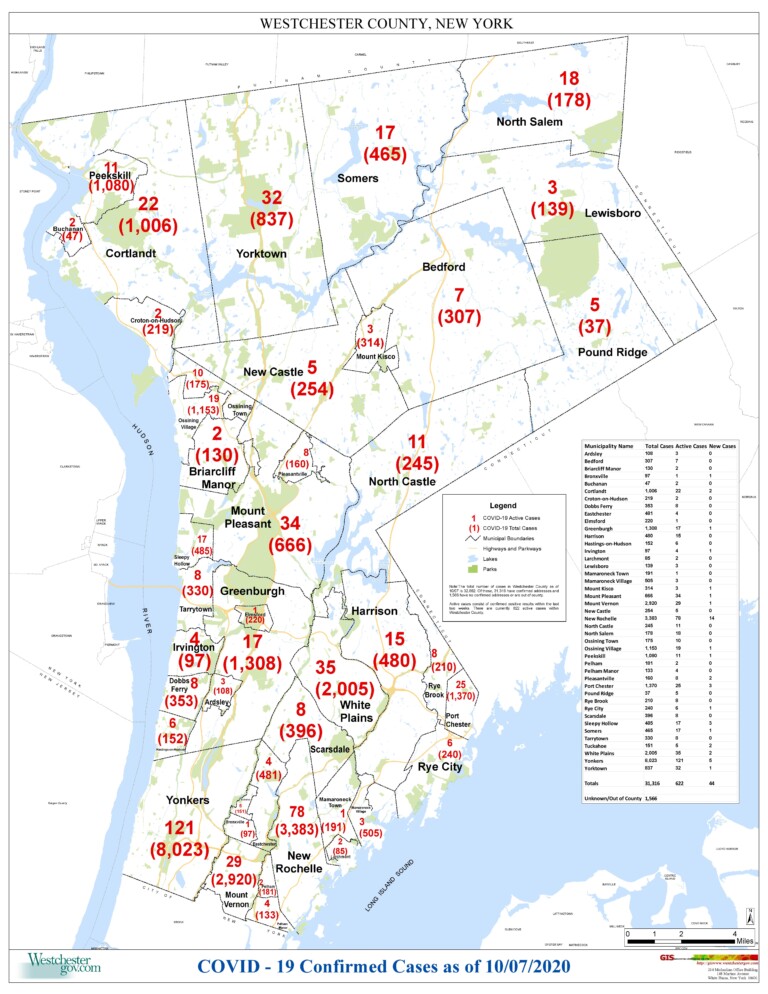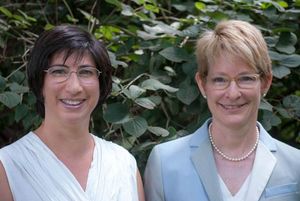Holding Court: I-95 is the Route Number, Not the Speed Limit!
Holding Court is a new series by retired Rye City Court Judge Joe Latwin. Latwin retired from the court in December 2022 after thirteen years of service to the City.
For all of our readers with a lead foot, today Latwin discusses speeding tickets.
What topics do you want addresses by Judge Latwin? Tell us.
By Joe Latwin
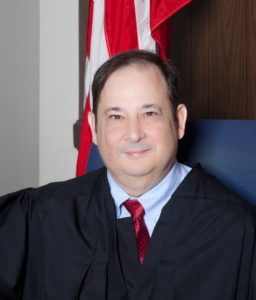
You got a ticket for speeding, pled not guilty, you have been unable to get an acceptable plea offer, and now the time for trial has arrived.
When you arrive at Court and your case is called, the judge will advise you of the charge and ask if you are ready to proceed to trial. She will tell you “You are charged with violating Vehicle and Traffic Law section 1192 on the particular date, time and place by driving at “X” miles per hour in a “Y” speed limited area or by operating at a speed unreasonable and prudent for the road conditions.
Where are these speed limits set? In various laws! Unless otherwise posted, the speed limit in New York is 55 miles per hour. The regulations of the New York State Thruway set the limit of 55 on I-95 in Rye, except it is 50 for trucks. The speed limit on local Rye streets is 30 miles per hour unless otherwise posted. Those “otherwise posted” areas include within 200 feet of schools, on Milton Point South of Dearborn Avenue, and the Metro North Train Station. Those local limits are set forth in the Rye City Code.
However, State law does not permit a local municipality from posting a speed limit lower than certain speeds. These local speed limits must be detailed in the local law. You should always verify that the posted speed limit is both set forth in the local law and is not prohibited by State law. I know of at least one posted speed limit in Rye that violates State law.
This is where economics enters. Do you want to pay your lawyer his/her hourly rate, say $300 per hour, to research the local law when the usual fine for a speed of less than 10 miles over the limit is $100 plus an $88 mandatory State surcharge?
The Corporation Counsel prosecutes traffic violations in Rye. She will call the police officer who issued the Simplified Traffic Information as the first witness. After identifying him/herself, that he/she is employed by Rye P.D., and working of the particular date, the officer will be asked questions to identify the driver. The classic line of questioning will be “when you stopped the vehicle, what documents did you obtain from the driver?” The answer is always “the driver gave me his/her license, the vehicle’s registration, and proof of insurance”.
The next question will lock in the identity of the driver. “Did you compare the picture on the driver’s license with the person driving the vehicle? Were they one and the same person? Can you identify that person in Court today?” The officer will identify you and describe you by an article of clothing you are wearing. Identification complete!
The officer will then be asked and testify as to his/her training and experience with speeding. All police officers complete a police academy where they are trained not only to operate radar, but also to estimate the speed of vehicles. In their daily lives they also estimate the speed of vehicles and confirm their observations with their speedometer reading. The officer’s estimate of the speed is sufficient by itself to support a guilty verdict. No radar is required.
But there often is a radar reading. The officer will testify that he is certified in the use of radar and will produce proof of his certification. He/she will also have documentary proof of certification of the radar machine that was used. He/she will also testify that he/she tested the radar machine at the beginning of his/her tour by using the self-test function, and by using tuning forks set to vibrate at two distinct speeds and that all the tests confirmed the radar machine was properly operating and measuring the speed. He/she will then say he/she estimate your speed at “X” and confirmed that estimate using the radar or by pacing your vehicle. He/she will also testify that the speed limit is “Y” and it is posted.
That is all the testimony required of the People. You are free to cross-exam the officer, but what can you ask that will undermine that testimony? Keeping up with traffic is not an excuse. Proof that others were also speeding (if you can establish it) and you were the lucky one who got caught won’t help you. You may inadvertently admit you were speeding by that line of inquiry.
Most cross-examination of the officer is thus ineffective. In my years as a prosecutor and as a judge, there were no cases where the prosecutor asked the right questions and the officer testified as described above where the defendant was not found guilty of speeding. Your best defense is that the speed was not legal or properly posted or you can hope the prosecutor or officer messes up. But hope is not a sound legal strategy.

